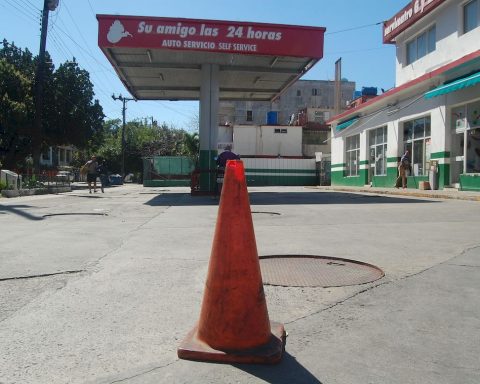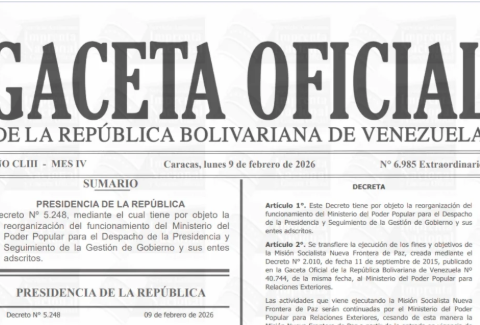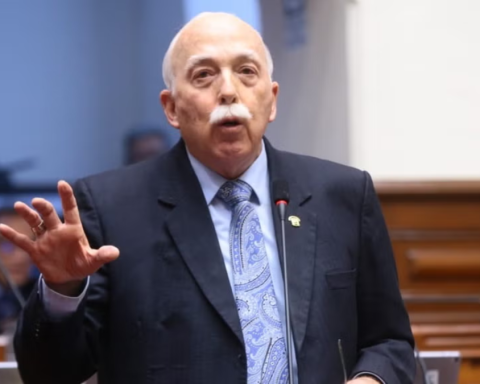According to the United Nations Secretary General, António Guterres, Covid-19 will not be the last pandemic that the world must face and therefore, it is urgent to be ready to face any other similar crisis.
In his message the day before on the occasion of the International Day of Preparedness for Epidemics, the headline pointed out that infectious diseases continue to be a danger that threatens countries and any outbreak – wherever it arises – can turn into a pandemic.
In this regard, he called for increased investments aimed at improving surveillance, early detection and rapid response plans, especially in the most vulnerable states.
Likewise, he called for strengthening local primary health care systems to prevent them from collapsing, ensuring that all people have access to vaccines under equitable conditions, and achieving universal health coverage.
Guterres emphasized the need to promote global solidarity so that all countries are in a position to stop the spread of infectious diseases as soon as they detect an outbreak.
For his part, the director of the World Health Organization (WHO), Tedros Adhanom Ghebreyesus, warned a few days ago that Ómicron was “spreading at a rate that we had not seen in any of the previous variants.”
This variant could cause infections even in vaccinated and recovered from Covid-19, he stressed.
The head of the WHO pointed out that efforts must be resumed to increase the numbers of vaccinated worldwide since 2022 “must be the year in which we end the pandemic.
But, Ghebreyesus said, to realize that ambition it is urgent that vaccines and other treatments against Covid-19 reach the poorest territories. According to WHO figures, Covid-19 continues to cause about 50,000 deaths a week, two years after the start of the pandemic, and more than 276 million infections and 5.3 million infections are registered worldwide. deaths.
oda / ifb
















